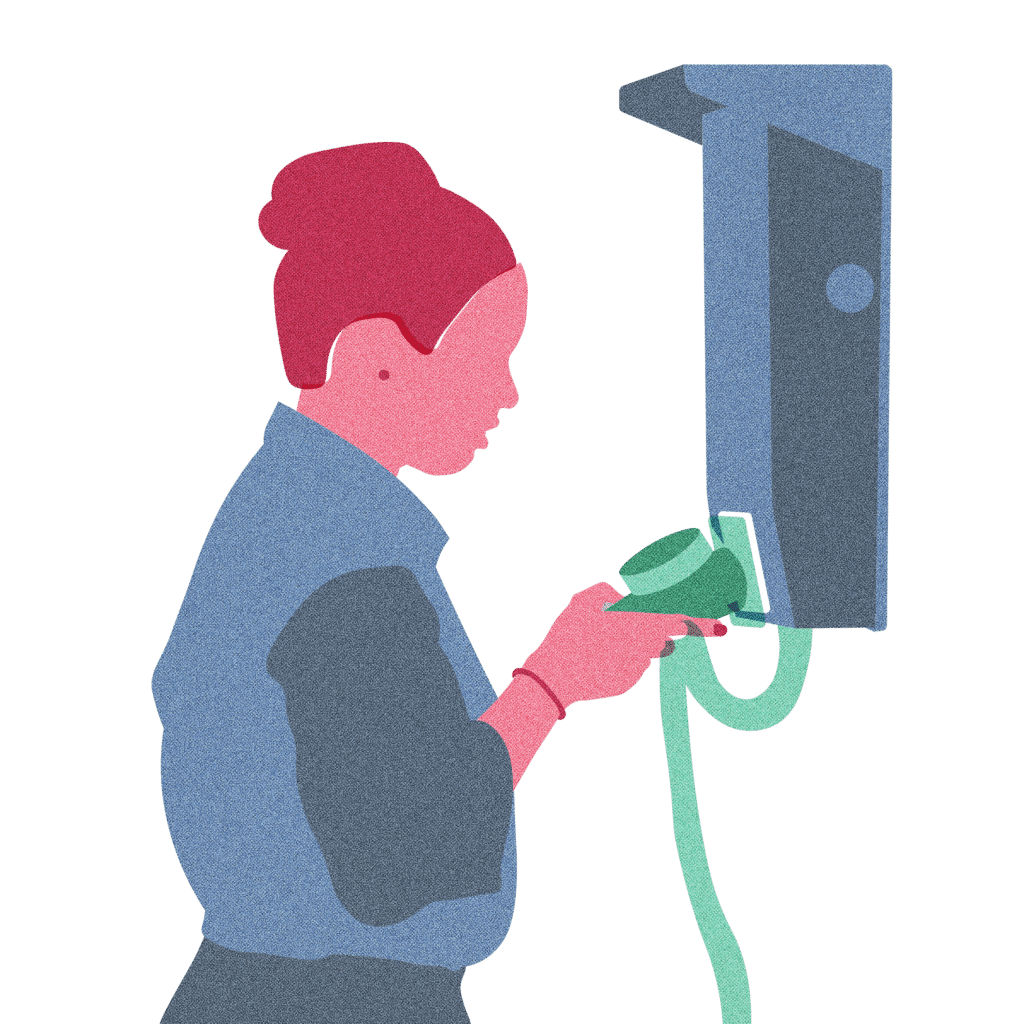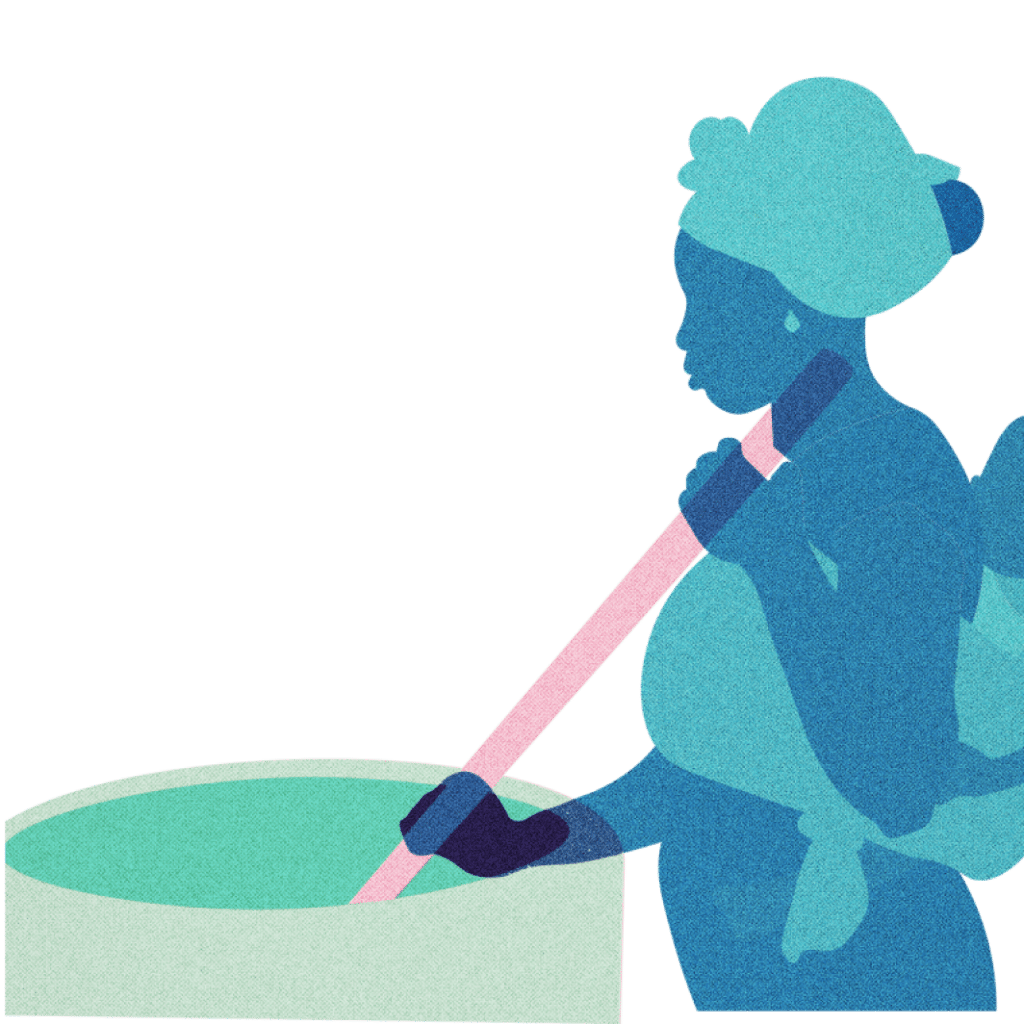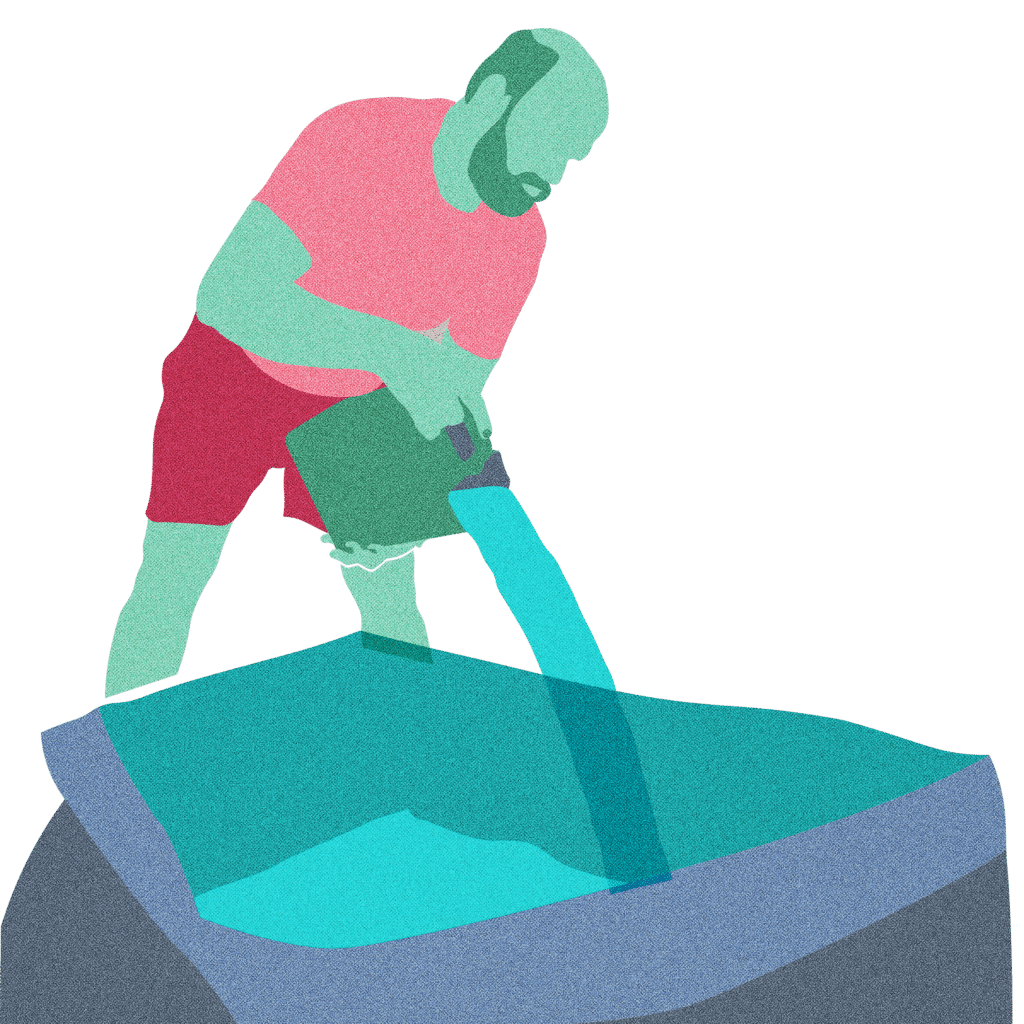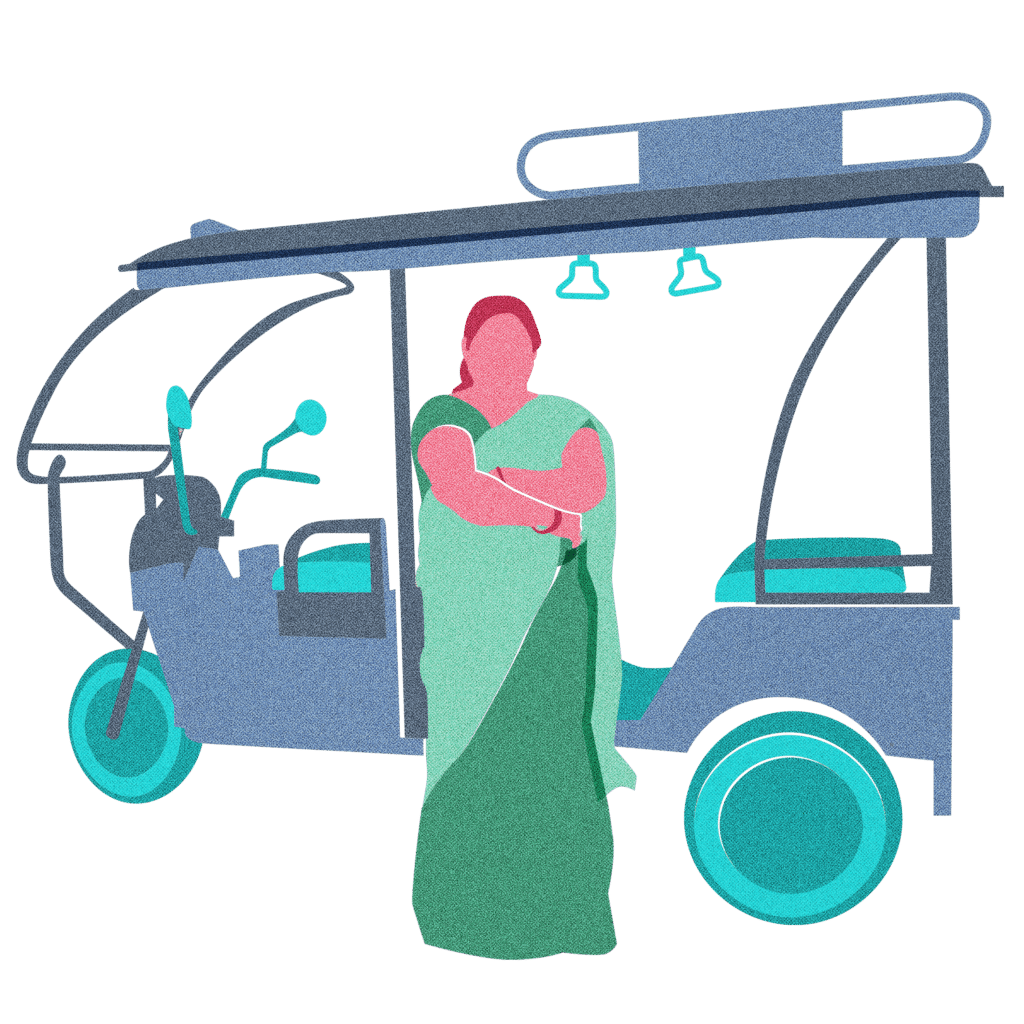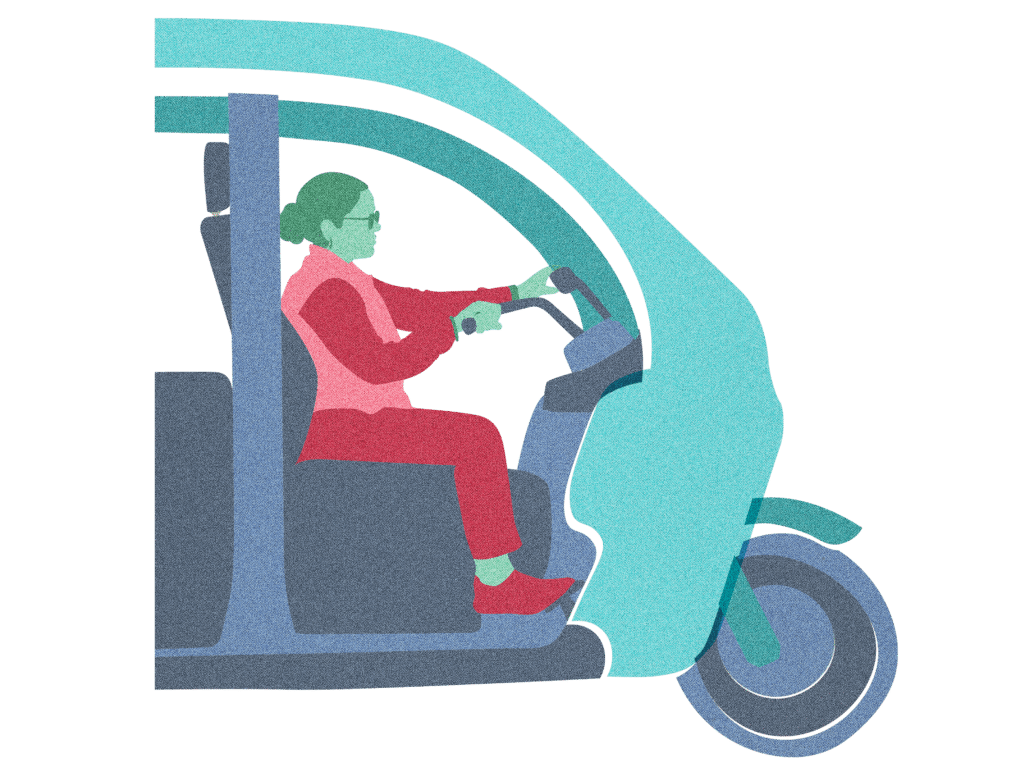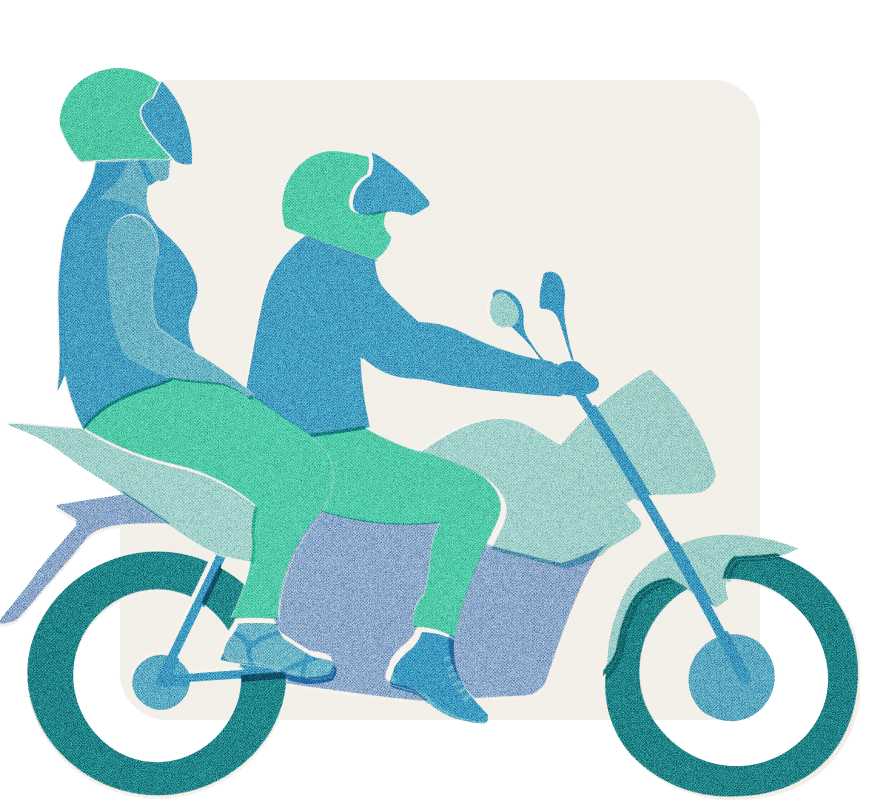How Apollo set up their 150-person call centre to work remotely
 For smallholder farmers in emerging markets, access to products, finance and information is vital to improving their yields and income, allowing them to climb the energy ladder.Apollo Agriculture, who we have supported since 2018 with co-funding from the UK government, uses remote sensing, data science, and agronomic machine learning to help Kenyan farmers, backed up with a ~150 person call centre.
For smallholder farmers in emerging markets, access to products, finance and information is vital to improving their yields and income, allowing them to climb the energy ladder.Apollo Agriculture, who we have supported since 2018 with co-funding from the UK government, uses remote sensing, data science, and agronomic machine learning to help Kenyan farmers, backed up with a ~150 person call centre.
The Covid-19 pandemic lockdown coincided with planting season – Apollo’s busiest time of the year – and CEO Eli Pollak has written on the Mulago Foundation’s website about the need to quickly shift the Apollo team to remote work whilst minimising downtime and disruption.
“Transitioning the call centre team to remote work was a massive technical and operational undertaking,” said Eli. “It required enormous coordination and work between our tech and operations teams.”
Going on to describe the specific challenges and solutions the Apollo team were able to implement, Eli tells how on Apollo’s second full day of remote work, they completed the highest number of calls of any day during the preceding three weeks.
“Having now enabled remote work for call centre agents, we are very likely to consider continuing remote work for some agents after Covid-19”.
Read Eli’s full blog on the Mulago website: Going Remote with Apollo Agriculture.
In these testing times, the best businesses adapt quickly. It is encouraging to see many of the social enterprises and institutions in our portfolio pivoting or extending services to continue supporting low-income consumers in countries around the world.





